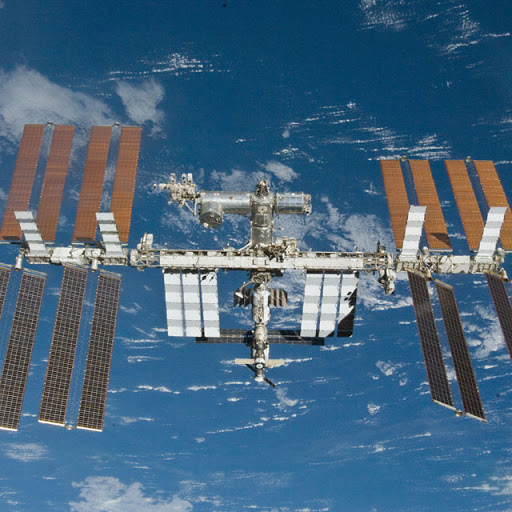NASA Creates New Chain Mail By 4-D Printing
The cost of launching things into orbit is about ten thousand dollars per pound. It takes complex heavy equipment and fuel to get anything to orbit. This means that making payloads as light as possible is important. NASA has used a variety of techniques to reduce the weight that has to be thrown into orbit in order to be useful.









